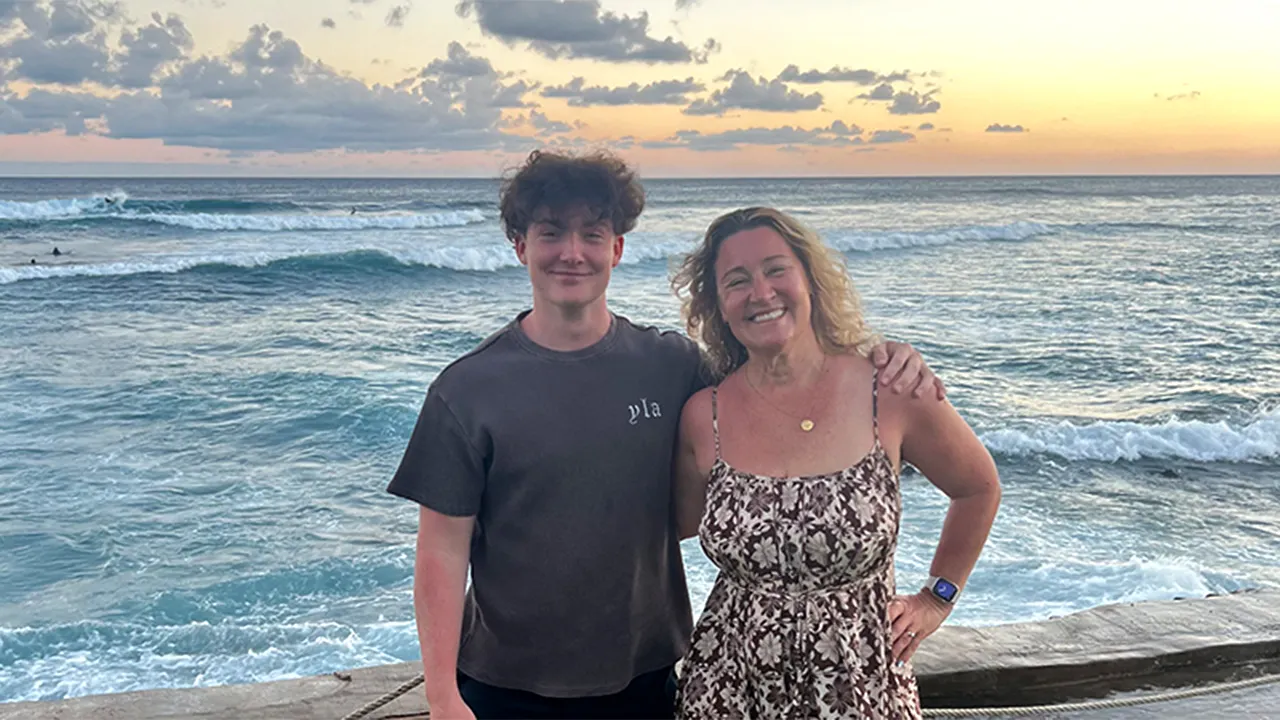For decades, San Francisco has had a reputation for being too difficult to build new housing, despite a housing shortage that has contributed to a growing homelessness crisis.
But that is expected to change soon thanks to an expanded state law that promises to cut red tape and speed up construction.
Officials estimate the law, Senate Bill 423, will cut approval times for projects in San Francisco from two years to six months, expediting what housing advocates say is a much-needed course correction in a city where construction is plagued by delays and high costs.
Housing advocates hope the new rules in San Francisco will mean other major California cities in need of more housing, including Los Angeles, will come under similar pressure in coming years to speed up development as the state more broadly grapples with an estimated 2.5 million-unit shortfall.
The state-mandated change will transform the Bay City from having one of the longest approval times for new housing to one of the shortest, said state Sen. Scott Wiener, a San Francisco Democrat who wrote SB 423, which Gov. Gavin Newsom signed in October.
Wiener said the new rules will spare developers the “hyperpolitical pit” of the housing permit process in San Francisco, where regulations on where and how to build housing are notoriously strict.
State Senator Scott Wiener (D-San Francisco) with housing advocates and members of the California Conference of Carpenters at the groundbreaking of an affordable housing apartment complex in San Francisco.
(Hannah Wiley / Los Angeles Times)
The law now shields most housing projects from Board of Supervisors scrutiny and allows developers to avoid the lengthy wait times, hearings and environmental review processes that add months, if not years, to a project’s timeline, causing some efforts to stall or stall entirely.
“We’ve spent decades and decades in San Francisco piling up bureaucracy upon bureaucracy upon hurdle upon bureaucracy upon process,” Wiener said during a Monday news conference announcing the changes. “One after another for the last 50 years, and we’ve methodically made it difficult or impossible to build the amount of housing we need.”
Wiener's bill expanded and extended for another decade a 2017 bill that allowed developers to bypass much of the housing approval process that often becomes a hurdle to construction in San Francisco.
The original law, which was initially set to expire in 2026, resulted in more than 18,000 proposed units in California, according to an August report by UC Berkeley’s Terner Center for Housing Innovation, which said nearly two-thirds of them were deemed 100% affordable, meaning all of their units were reserved for low-income tenants.
That law was applied years ago in San Francisco, but only to projects that designated at least 50% of the units as affordable. Since then, more than 3,600 units have been approved, according to the San Francisco Planning Department, and about 88% were deemed “below market rate.”
Still, San Francisco has fallen far short of its housing goals by tens of thousands of units. Last year, the city adopted what’s known as a “housing element,” or a plan to build 82,069 units over an eight-year period. The city has approved just 3,870 new units since 2023, according to the Planning Department.
That slow start put into effect the broader rules of SB 423, which include more frequent reviews of the city’s compliance with its housing goals.
San Francisco developers are also now allowed to fast-track the approval process for market-rate projects, as long as they reserve at least 10% of the housing for low-income families and meet certain union-approved labor requirements.
“It all starts with housing. And for decades, this city has said no to housing,” said Mayor London Breed, who has pushed for more development in the city as a way to alleviate homelessness and reduce exorbitant rents. “Enough is enough. San Francisco is not a museum that should be stuck in time… We have to move this city forward.”
It is unclear what broader effect SB 423 will have on other California cities.
In Los Angeles, 3,587 units have been approved under the 2017 law, according to the city planning department, but the streamlining rules are limited to projects that include at least 50% affordable units.
The green light has been given for the construction of an additional 50,000 units under a series of other city programs aimed at promoting affordable housing near public transportation and in multi-family neighborhoods.
Los Angeles’ housing plan will be reviewed again in 2026. If the city is also found to be behind on its market-rate targets, projects that include at least 10% below-market-rate units could be eligible for streamlining, according to the state housing department’s SB 423 rules.
But there is also a limit to what a single housing law can achieve.
Although state and city housing officials have passed laws that theoretically speed development, construction costs have skyrocketed in recent years with rising interest rates on top of expensive labor requirements. Developers also pay additional fees that, in some cases, make the overall price of the project unfeasible.
There is also political opposition from the so-called NIMBY movement (short for “not in my backyard”), which resists further construction in traditionally single-family or low-density neighborhoods.
Breed and Wiener hinted at that opposition Monday, attacking political rivals in San Francisco city government who have opposed multifamily housing projects, most notably Board of Supervisors Chairman Aaron Peskin. Peskin, a progressive Democrat, has expressed concern that zoning rule changes will make it easier to build larger, more expensive projects in certain neighborhoods, typically wealthier enclaves in San Francisco’s northern and western parts.
Peskin is running against fellow Democrat Breed in what has become a competitive mayoral race this November that has highlighted many of the city's major issues, including housing affordability and homelessness.
In a statement, Peskin said the “real obstacle” to building more housing is financing, and that SB 423 could become a “boon to speculators and developers who will build expensive units out of reach for most San Franciscans.”
“I'm not surprised by the mayor's enthusiastic support for this, as she has consistently backed the agenda of speculators and developers at the expense of what is best and most needed for San Francisco's working and middle class,” Peskin said.












